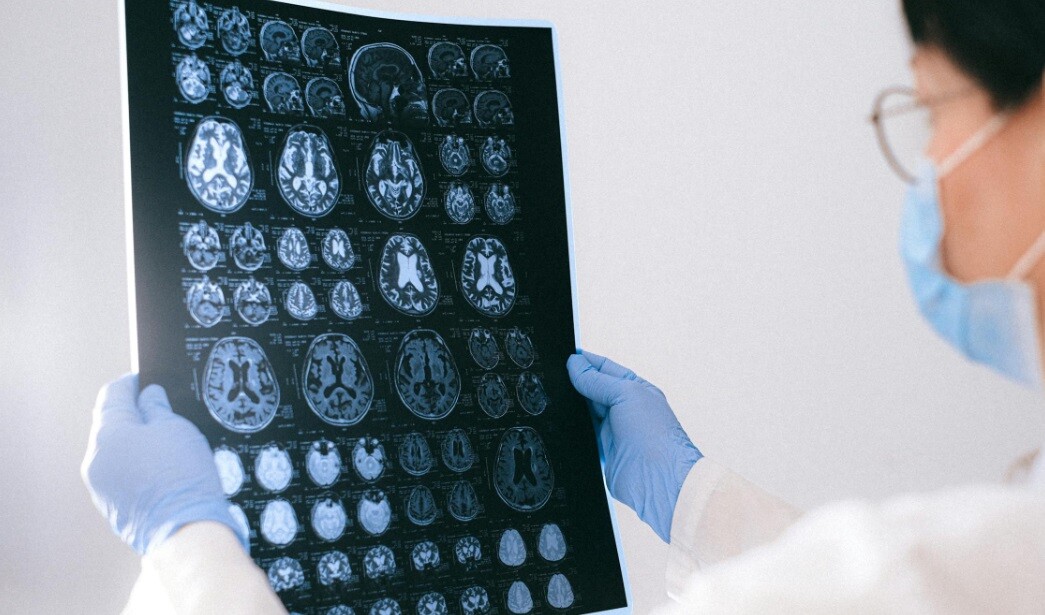Brain stroke, often referred to as a cerebrovascular accident (CVA), is a kind of medical emergency that requires immediate attention. It occurs when blood flow to a part of the brain is disrupted, leading to damage or death of brain cells. While the consequences of a stroke can be devastating, advancements in medical science have paved the way for multidisciplinary approaches to treatment and rehabilitation, providing hope and improved outcomes for stroke survivors.
Understanding Multidisciplinary Approaches:
The treatment and rehabilitation of brain stroke can be achieved through the multidisciplinary efforts of various healthcare specialists(rehabilitation specialists; rehabilitation nurses; physical, occupational, recreation, speech and language therapists, and mental health professionals), each contributing their specialized knowledge. This holistic approach aims to address the complex needs of stroke patients comprehensively, from acute care to long-term recovery.
Key Components of Multidisciplinary Care are as follows:
- Acute Medical Management: In this phase of a stroke, prompt medical intervention is crucial to minimize brain damage and prevent complications. This often involves the administration of clot-busting medications or procedures to restore blood flow to the brain.
- Neurological Care: Neurologists play a central role in diagnosing and managing stroke patients. They assess neurological deficits, monitor progress, and prescribe medications to prevent recurrent strokes or manage symptoms.
- Rehabilitation Services: Rehabilitation is a cornerstone of stroke recovery, focusing on restoring lost functions and maximizing independence. Physical therapists help improve mobility and strength, occupational therapists assist with activities of daily living, and speech therapists address speech and swallowing difficulties.
- Psychological Support: Coping with the physical and emotional challenges of stroke can be overwhelming for patients and their families. Psychologists or counselors provide emotional support, counseling, and coping strategies to help navigate the psychological impact of stroke.
Benefits of Multidisciplinary Care:
- Comprehensive Assessment: Multidisciplinary teams conduct thorough assessments to tailor treatment plans to individual patient needs.
- Holistic Approach: By addressing physical, cognitive, emotional, and social aspects of recovery, multidisciplinary care enhances the overall quality of life for stroke survivors.
- Continuity of Care: Coordinated care ensures seamless transitions between different stages of treatment and rehabilitation, optimizing outcomes and minimizing gaps in care.
Contribution of Multidisciplinary Team in Stroke Survivor
- Physical Rehabilitation: Following a stroke, many individuals face paralysis or weakness in specific parts of their body. Physical therapists play a crucial role in helping patients regain muscle strength, balance, coordination, and mobility through tailored exercises and therapeutic techniques. This not only enhances their ability to perform daily tasks but also minimizes the risk of complications like muscle atrophy and joint contractures.
- Occupational Rehabilitation: Stroke survivors often encounter difficulties with daily activities such as dressing, bathing, and eating. Occupational therapists specialize in assisting individuals to regain independence in these tasks and adapt their living environment to accommodate any physical limitations. This support enables patients to regain a sense of autonomy and control over their lives.
- Speech and Language Rehabilitation: Damage to certain brain areas during a stroke can lead to communication and swallowing difficulties. Speech-language pathologists work with patients to improve speech clarity, language comprehension, and swallowing abilities. Effective communication not only enhances social interaction but also facilitates the expression of needs and emotions.
- Cognitive Rehabilitation: Cognitive impairments such as memory loss and attention deficits are common after a stroke. Cognitive rehabilitation aims to retrain cognitive skills through targeted exercises and strategies, allowing individuals to regain cognitive function and enhance their overall quality of life.
In conclusion, the adoption of multidisciplinary approaches in brain stroke treatment and rehabilitation signifies a transformative advancement in stroke care. These approaches underscore the importance of collaboration, customized care, and comprehensive support for patients. By leveraging the diverse expertise of healthcare professionals, multidisciplinary teams empower stroke survivors to attain significant recovery milestones and embrace fulfilling lives beyond their stroke journey.
You may also like,
- An Overview of Scleroderma: Causes, Symptoms, and Treatments
- Advanced Techniques For Physiotherapy Rehabilitation (Updated)
- Common Myths About Physical Therapy







